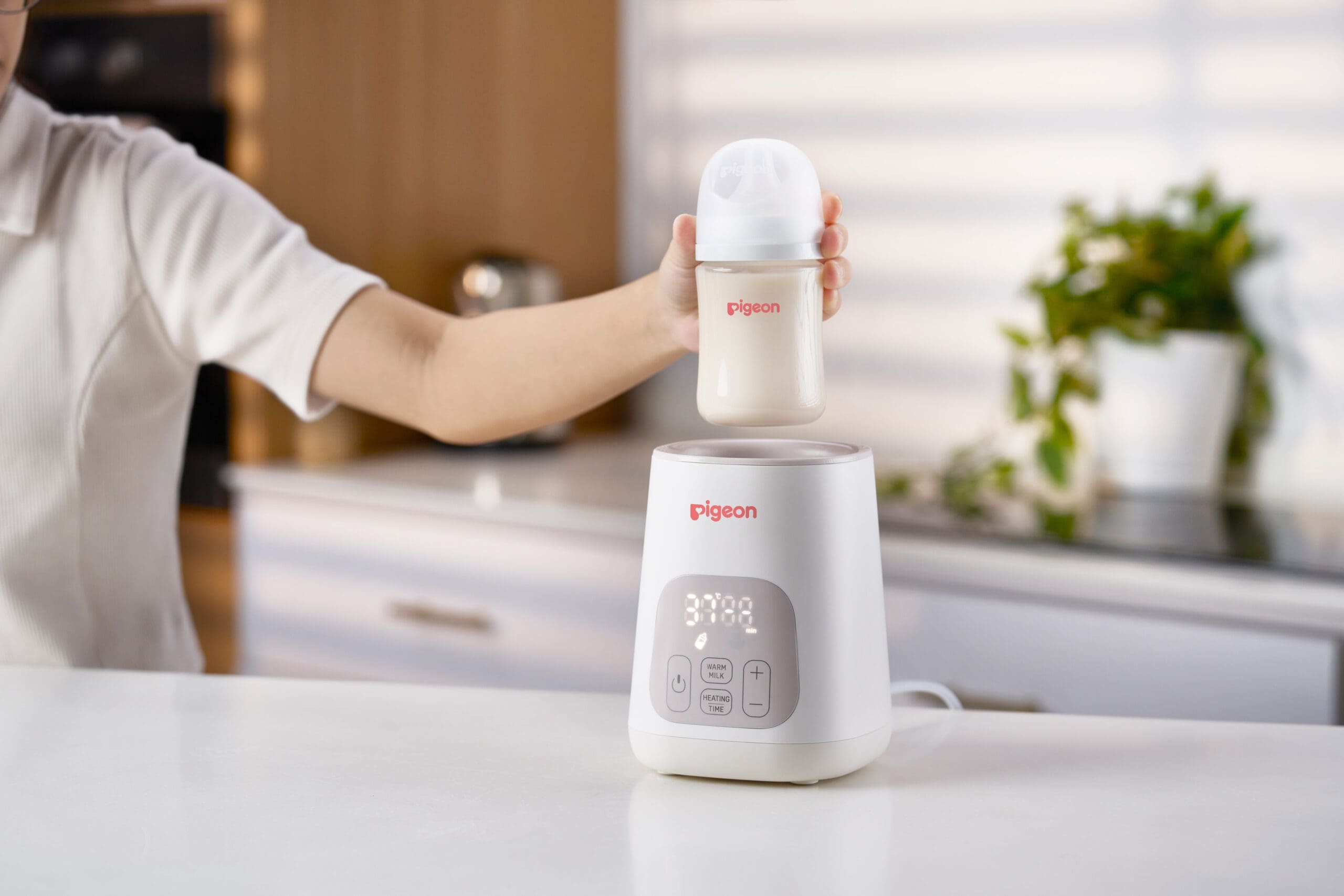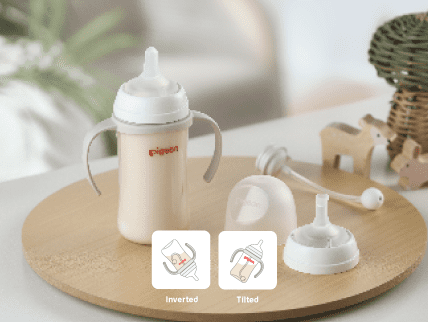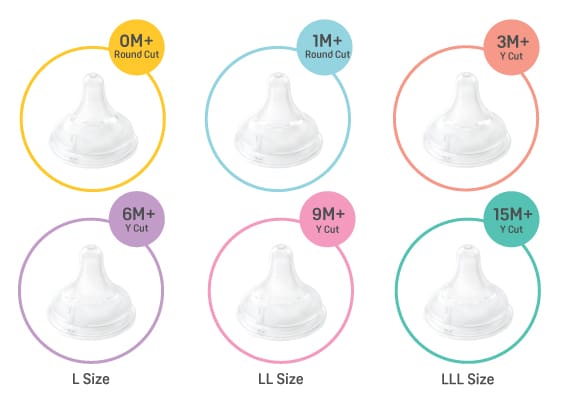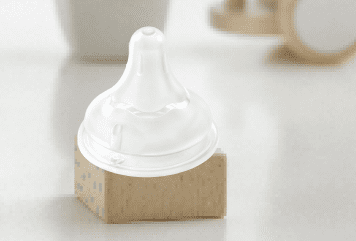- Be aware of changes happening to your body
The transitional period before menopause is known as perimenopause. This is when you can expect to experience irregular periods and a decreasing sex drive as your estrogen and testosterone levels decline.
Your hormones will also affect your mood, thus leading to mood swings and irritability. This naturally makes you feel less inclined towards sex. Lower estrogen levels also mean that your vagina walls will become thinner, less stretchy and drier. In some instances, women may experience pain when attempting intercourse, which is a condition known as dyspareunia. The vagina mouth may also become tighter, causing itchy or burning sensations. If these symptoms occur, it is a sign that you have started your menopausal transition.
- Accept the new normal
Ageing is a natural process and as we grow older, our physical condition may not be as great as before. Some of us may also have developed other health conditions that affect us in getting into the mood for sex! Getting older also means that blood flow to sexual organs will slow, making it tougher for us to feel aroused or achieve an orgasm. One way to reduce these effects is to maintain a healthy and active lifestyle in order to promote better blood circulation.
Acceptance of this new normal is key to reducing stress whenever our partners want sex. Stay resilient and understand that it is not you; it is a natural process. Just as your body transitioned into puberty all those years ago, with all the changes that followed, now you are experiencing a different kind of transition. However, this does not mean completely omitting sex from your life! Many couples still lead sexually active lives even as they age. Embrace your bodily changes and let go of any inhibitions. After all, overcoming the mental hurdle is already half the battle won!
- Keep the flame alive
Communication is key in every relationship and as your body goes through these changes, it is even more important to be open with your partner in order to set realistic expectations together. Explain to your partner that this is the beginning of the next phase as a couple and share that it will be more difficult for you to get aroused. This is where you and your partner may wish to explore new ways to help each other get into the mood! Each couple is different and you may wish to schedule a special time for lovemaking, or change things up to surprise your partner. Instead of intercourse, indulge in the pleasures of outercourse, foot rubs, or plan a secret dinner outing to celebrate your connection. Take this opportunity to reminisce how you first met each other, or experiment with new and naughty ways. The possibilities are endless!
- Get physical aids
Before getting into the mood, take these steps to avoid any sudden discomfort or pain when attempting intercourse. To ensure that things proceed smoothly, consider stocking up on physical aids such as water-based lubricants or vaginal moisturizers. These can be easily found at supermarkets or pharmacies. Vaginal moisturizers can also be used outside of sex to relieve dryness in the vagina whenever you need it. Take care to not use oil-based lubricants such as petroleum jelly as these products may cause irritation or yeast infections.
For extra assistance, spice up your sex life with couple toys such as vibrators, guybrators, or massage aids. Go for kinder sex toys that can be used outside the vagina to stimulate the clitoris rather than those that require insertion. With stimulation, lubrication, and a positive mindset, your sex life can continue to thrive throughout menopause — and beyond!
- Seek treatment if necessary
If your menopausal symptoms start getting in the way of things and become unbearable, there is the option of hormone therapy, which is believed to reduce menopausal symptoms. Hormone therapy basically entails taking a tablet containing either or both estrogen and testosterone to increase your hormone levels. You can also opt for a less invasive method such as applying a patch, cream, suppository tablet or ring that sits inside the vagina in order to release estrogen into the skin slowly over a period of time. This can help with lubrication and plump up your vaginal walls.
However, some medication that you may be taking for other health conditions may also affect your sex drive. The usual culprits include antidepressants and medicine for lowering blood pressure and cholesterol. Always seek a doctor’s advice on the most appropriate treatment for your condition and lifestyle as you take a fresh look at your relationship with your partner.
- Talk to a therapist
Menopause also causes mood swings and in some cases, depression. There are times when you may feel alone, unsure of how to manage your symptoms or feel anxious about trying something different. Talking to a therapist can help. Whenever you feel comfortable enough, bring your partner along to the session so that a trained professional can advise you as a couple. There is no harm in giving counselling a try as chances are that you will feel even better and more empowered to go about managing your life.
Embrace a positive mindset as menopause can be among the best years in your life. Instead of seeing it as an end to the youthful part of your life, menopause in fact frees you to engage in other lifelong goals that you may have otherwise missed. With all of your life experience, including the ups and downs of your relationships and your career, feel empowered and regain some of that sass you felt in your younger days. Put your best foot forward in pursuing your professional and personal ambitions!
6 things to know about sex and menopause














